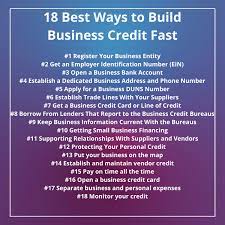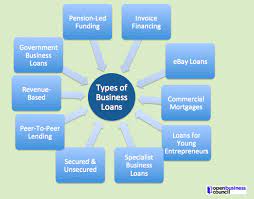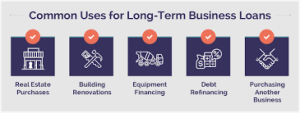Every business needs financing at some point. The amount and type of funding depends on its industry, business model, market

conditions and startup challenges. While startups may find it particularly difficult to secure funding due to lack of established track record with lenders, there are various financing solutions for startup consideration.
Some of these options may be easier than others to qualify for, but all can be useful. The first step should be understanding which types of funding are available and which documents the lender requires; these vary depending on which lender and may include business credit reports, personal credit scores, bank statements, invoices or accounts receivable; collateral may also be needed in certain instances.
Collateral is any item of value put up as security against a loan by the borrower, such as real property or equipment such as inventory. Some lenders use collateral as a way to mitigate risk and ensure repayment; other do not. If a borrower defaults, their lender could seize or liquidate any pledged collateral to make up any shortfall in payment obligations.
Many top lenders are reluctant to work with startups as they have yet to establish a track record and establish creditworthiness. But there are alternative forms of funding such as crowdfunding, peer-to-peer lending and microloans which may make getting financing easier while providing cash flow needed for your venture.
Equipment loans and lines of credit, working capital loans and business cash advances can also provide startup businesses with much-needed funding options to cover unanticipated expenses or purchase materials necessary for fulfillment orders. Other startups choose personal savings or loans as funding sources instead, although this comes with risks that could diminish resources quickly.

Planning ahead and applying for financing proactively are the keys to avoiding cash crunches that threaten the future of your startup. By being proactive about applying, your chances for approval increase, as does your chance at not missing payments or going into debt, which could otherwise threaten its viability. Establishing business credit early can also help you access to better financing solutions. If your application for a startup business loan is denied, inquire as to why and seek explanation from your lender. Once your business plan and personal credit score are strong enough, you can take steps to improve them both simultaneously. Furthermore, alternative funding sources like nonprofit microloan programs or business credit cards might offer alternative funding solutions with lower interest rates that could help get it started sooner than expected.

